
China’s Invasion of Taiwan – Opportunity for India
 Fri, 04 Feb 2022
| Reading Time: 7 minutes
Fri, 04 Feb 2022
| Reading Time: 7 minutes

Today China has over 350 ships and submarines (130 major surface components), numerically making it the largest Navy globally. These extraordinary Chinese naval expansions are not there to recreate the 15th century goodwill voyages of Admiral Zheng He. China has bigger ambitions, and Taiwan is part of that ambition. The Constitution of the People’s Republic of China (PRC) places Taiwan as a ‘sacred territory’ of China. Chinese Communist Party (CCP) gives rise to nationalism to cement its position. “One China, One Truth, One World, One Dream” is CCP’s slogan.
Importance of Taiwan
If we leave aside the mouth-watering economic and technological proposition Taiwan presents to China, militarily, it is a crucial link in the Chinese maritime strategy. Even US General Douglas MacArthur had called Taiwan the unsinkable aircraft carrier and submarine tender during the Korean war.
Taiwan is ideally located to successfully accomplish any offensive action and at the same time checkmate defensive or counteroffensive operations by the US forces based on Okinawa and the Philippines. The Luzon Strait, connecting the South China Sea and the Philippine Sea, is crucial to PLAN. Securing the first island chain would give enlarged maritime defense depth to PLAN. Therefore, securing Taiwan under the Chinese jurisdiction has become highly relevant and vital for CCP.
Taiwan also presents another problem for CCP. It offers an alternate and successful system. Both China and Taiwan started their journey together. However, despite limited resources, today, Taiwan has achieved per capita income three times the Chinese income. The very existence of Taiwan destroys China’s claim to be a very successful model and threatens Xi Jinping’s lifetime Presidency dream.
A step towards fulfilling that personal dream was taken on 23 January 2022 when the Chinese Air Force flew 39 warplanes into Taiwan’s Air Defence Identification Zone (ADIZ). This is the second biggest incursion since October 2021. One of these days, one of these incursions would not be just an incursion, but an actual invasion. CCP General Secretary Xi Jinping knows that any war, big or small, would be disastrous for China. But in his desperation to remain in power, he may do the unthinkable — invade Taiwan.
The Xi Jinping Team
A leader can have two types of teams — a good one or a faithful one. Of course, there is no guarantee that the good team will be faithful too. Xi Jinping has taken the second option and surrounded himself with the yes-men.
Politburo Standing Committee members Wang Huning survived two decades and was court philosopher to three of China’s top leaders. He penned Jiang Zemin’s “Three Represents” and Hu Jintao’s “Harmonious Society.” He was behind Xi’s political concepts — the “China Dream,” the anti-corruption campaign, the Belt and Road Initiative, “Xi Jinping Thought,” and the latest “Common Prosperity.” However, slowly and steadily, he is being replaced. The first jolt came when Jiang Jinquan replaced him to run Central Policy Research Office (CPRO), the Chinese Communist Party’s top think tank. Xi feels that Huning’s methods are acceptable domestically, but internationally, his methods are not producing results fast enough.
Vice-President Wang Qishan is a personal friend of Xi. The heads of the CCP International Liaison and United Front Work Department’s Song Tao and You Qian have had a long association with Xi from his Fujian governor days.
Xi has also been on the promotion spree. Since 2012 he has promoted 67 officers to the rank of General. In January, Xi Jinping promoted seven military and armed police officers to the rank of General. All these promotions are based on loyalty to Xi rather than high military calibre. Using an anti-corruption campaign, Xi has purged several high-ranking officers, including two former vice-chair of the Central Military Commission (CMC).
Something Is Amiss In PLA
The whole idea behind the Chinese military reforms was to have a force that could fight an information-based war. A modern Chinese General is expected to not just know the functioning of the army, navy, and air force, but also space, rockets force, information-based operations, and electronic warfare. Unfortunately, Xi can’t find qualified leaders for fighting a modern war. The young officers with modern warfare knowledge are not eligible for promotion and have no combat experience. The older generation is not familiar with modern concepts and had barely started their military career when China fought its last war.
Xi Jinping doesn’t trust the existing military bosses. His nervousness is visible in the frequent replacement of senior officers at various vital posts, especially bordering India. Therefore, Xi is left with only one option. Keep the key posts occupied by reliable officers rather than eligible.
The Unfinished Business For India
China continues to occupy India’s 15,000 square miles of land in Aksai Chin. The Chinese misadventure of invading Taiwan would present an ideal opportunity for India to finish that unfinished business.
The Chinese invasion of Taiwan will tilt the force balance in India’s favour in the Himalayas. The total available Indian Army strike forces near China’s border is around 2,25,000. The Chinese Military Districts of Tibet have 40,000 and Xinjiang 70,000 troops. The Chinese Western Theatre Command (WTC) has an estimated 90,000-1,20,000 troops, mainly at Chongqing and Baoji. In the event of an invasion of Taiwan, the Chinese commanders would be reluctant to spare them for Tibet.
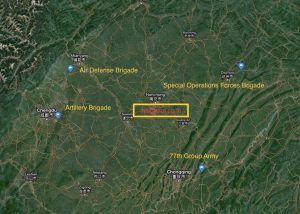
The Chinese Western Theatre Command is far away from the Military District of Tibet and Xinjiang: Insightful Geopolitics
The IAF’s strategic air lifters include the C-17 and C-130J. They, along with IL-76, AN-32, and Do 228 transport aircraft, will ensure rapid transfer of equipment and supplies, further enhancing the Indian Army’s force level. The PLAAF’s smaller fleet of strategic airlift assets, Y-20 and IL-76 aircraft, would be hard-pressed to meet the Taiwan invasion requirements in the South and the East China Sea.
The Indian Air Force (IAF) has double the number of fighters already on the bases facing China. These fighters are either comparable or superior to Chinese fighters.
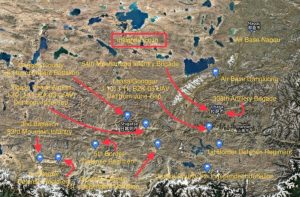
Compared to the Indian Air Bases, the Chinese Air Bases are at much higher altitude and encounter adverse weather: Insightful Geopolitics
The Chinese airbases also suffer from higher altitude restrictions than IAF, which has all bases at lower altitudes. PLARF’s less than 1200 ballistic missiles in the region cannot keep even three Indian airfields completely shut for more than two days.
Exploiting PLA Loopholes
From the preceding, it is clear that India is in an advantageous position. Along with that, during a wartime scenario, there are plenty of other vulnerabilities that Chinese forces present to the Indian armed forces to exploit. Some of the vulnerabilities are:
- It has been six years, and PLA has had difficulty integrating jointness into the forces. The services are at each other’s throats giving rise to rivalry. The army still feels that it is the superior force, although it doesn’t resonate with the country’s vision.
- PLA doesn’t have a “unified information technology system standard.” This makes technologies among the services incompatible, resulting in poor interoperability.
- Scrutiny of the Chinese exercises indicates that the commanders and officer cadres have a poor understanding of battle concepts and central leadership’s goals. They are lacking in decision-making, troop deployment, and handling emergencies.
- The political leadership and the technocrats are pushing the concept of “intelligentization of warfare.” In a typical communist manner, even though the concept is little understood by most, no one has the guts to admit it. It is supposedly based entirely on advanced technologies; however, there is almost negligible or no discussion about potential risks and their mitigation.
- Most systems and concepts being designed are Artificial Intelligence (AI) dependent. However, there is no debate on the effects of electronic warfare attacks from an adversary that could severely hamper the PLA’s command and control over its forces.
- AI systems are neither artificial nor intelligent. The whole concept will have imprints of limitations of its designer. The chaotic combat situations would throw unexpected challenges at the autonomous systems, overwhelming them with situations they have never encountered.
- Operational commanders are going to be advised by advanced algorithms. The campaign objectives would be achieved by intelligent swarms of autonomous battle systems. This intelligentization would require highly centralized decision-making structures. This will consolidate command responsibility onto a few generals. The whole thinking is not in sync with the latest and better concept of decision-centric warfare.
- These concepts and systems heavily depend upon Beidou Navigation Satellite System (BDS). Beidou has shortfalls, and if they are exploited effectively, they can damage the Chinese informationized warfare severely:
- Beidou is heavily dependent on the ground control centres. If the ground centres are destroyed, BDS is out. GPS doesn’t have this limitation. China is trying to overcome this lacuna in the system by data linking the satellites and enhancing their survivability.
- Beidou satellites and users have to use two-way communication, limiting its capacity. Whereas GPS user only needs to receive signals from the satellites.
- Beidou has a narrower frequency band compared to GPS.
- GPS is accurate to the centimetres. BDS offers 2-3.6 metres in Indo-Pacific and other parts of the world, 10 metres. PLA supposedly gets 0.4-metre accuracy.
- A doctorate student, Gao Xingxin, from Stanford University, had cracked the BDS civilian code.
- In the end, even today, it boils down to the man behind the machine. For over four decades, Chinese armed forces have not fought a single war. The PLA commanders are inexperienced, and their supposedly advanced technological capabilities have never been tested in real combat situations. Heart to heart, PLA knows, playing red force and blue force on the computer is one thing, but in the real world, you can’t buy second life with bonus points.
The Final Word
PLA has made itself ten feet tall with the procurement (stealing) of modern hardware, long-range missiles, stealthier aircraft, modern and capable ships. However, that is not sufficient. Artificial Intelligence has its place and importance in future wars, but the man behind the machine is not ready.
At the same time, India doesn’t have much time either. China is enhancing its production capacity of supposedly fifth-generation and stealth fighter J-20. It is also surrounding India. It has started with positioning four advanced Type 054AP frigates, eight Type 039B submarines, and 25 J-10C in Pakistan, under the garb of sale. It also plans to sell them DF-17 hypersonic missiles. China may follow through with the same strategy in Bangladesh, Myanmar, Nepal, Sri Lanka, and the Maldives in the coming years.
Therefore, if China makes the mistake of invading Taiwan, India should not make the mistake of restraint and non-interference. Every Indian military exercise should have a scenario presented and practiced where Indian forces invade China. After all, it could be an opportunity of the millennia, and India doesn’t have the luxury to miss it.
“Opportunities do not build doors; we have to build doors so that opportunities knock.” — Insightful Geopolitics
*********************
Disclaimer
The opinions expressed in this article are the author’s own and do not reflect the views of Chanakya Forum. All information provided in this article including timeliness, completeness, accuracy, suitability or validity of information referenced therein, is the sole responsibility of the author. www.chanakyaforum.com does not assume any responsibility for the same.
Chanakya Forum is now on . Click here to join our channel (@ChanakyaForum) and stay updated with the latest headlines and articles.
Important
We work round the clock to bring you the finest articles and updates from around the world. There is a team that works tirelessly to ensure that you have a seamless reading experience. But all this costs money. Please support us so that we keep doing what we do best. Happy Reading
Support Us





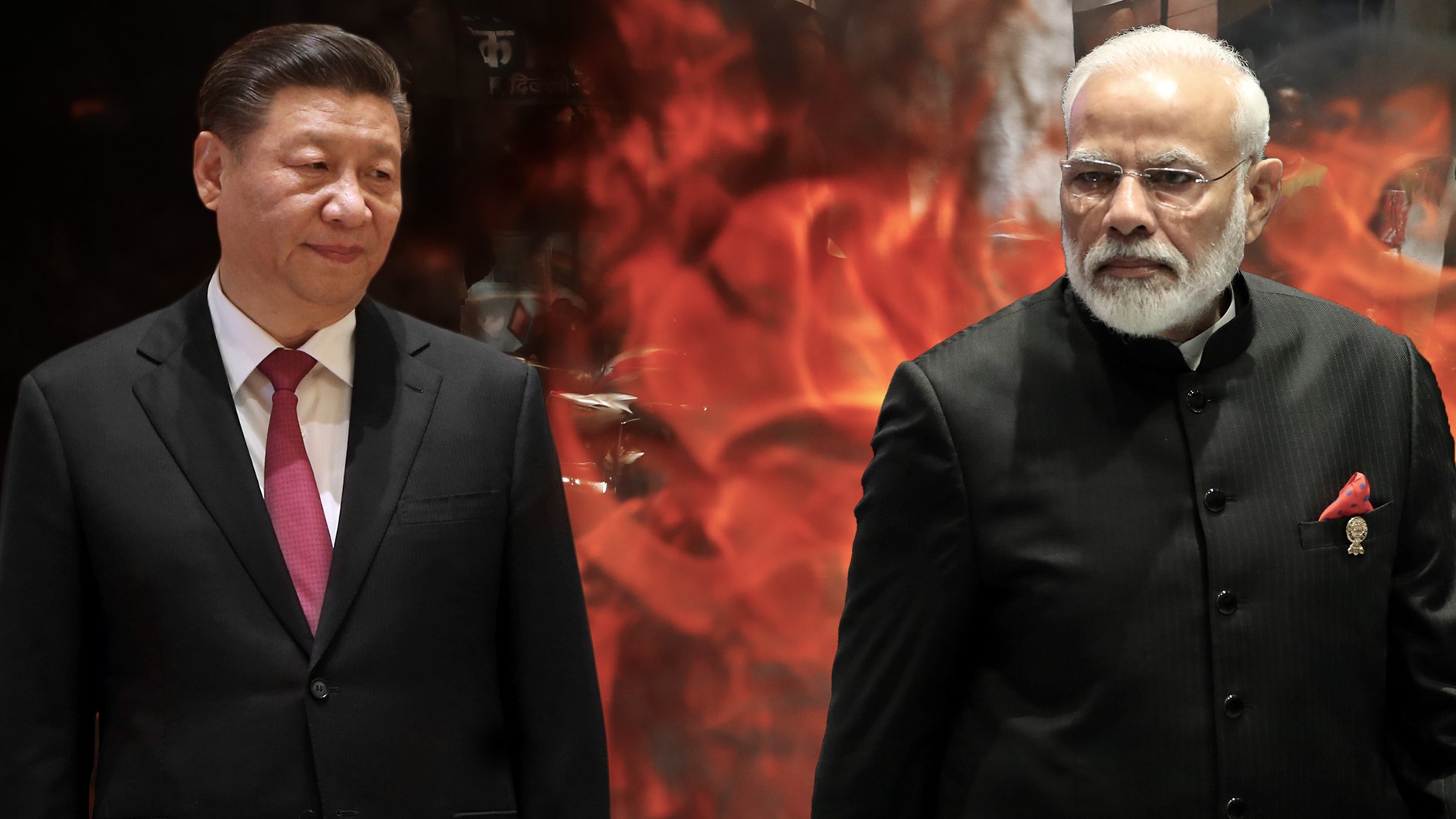
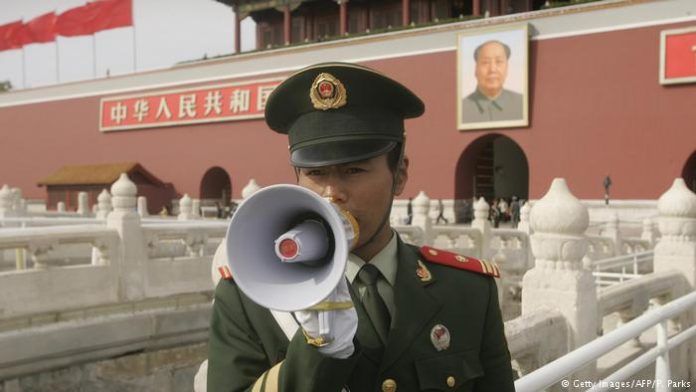
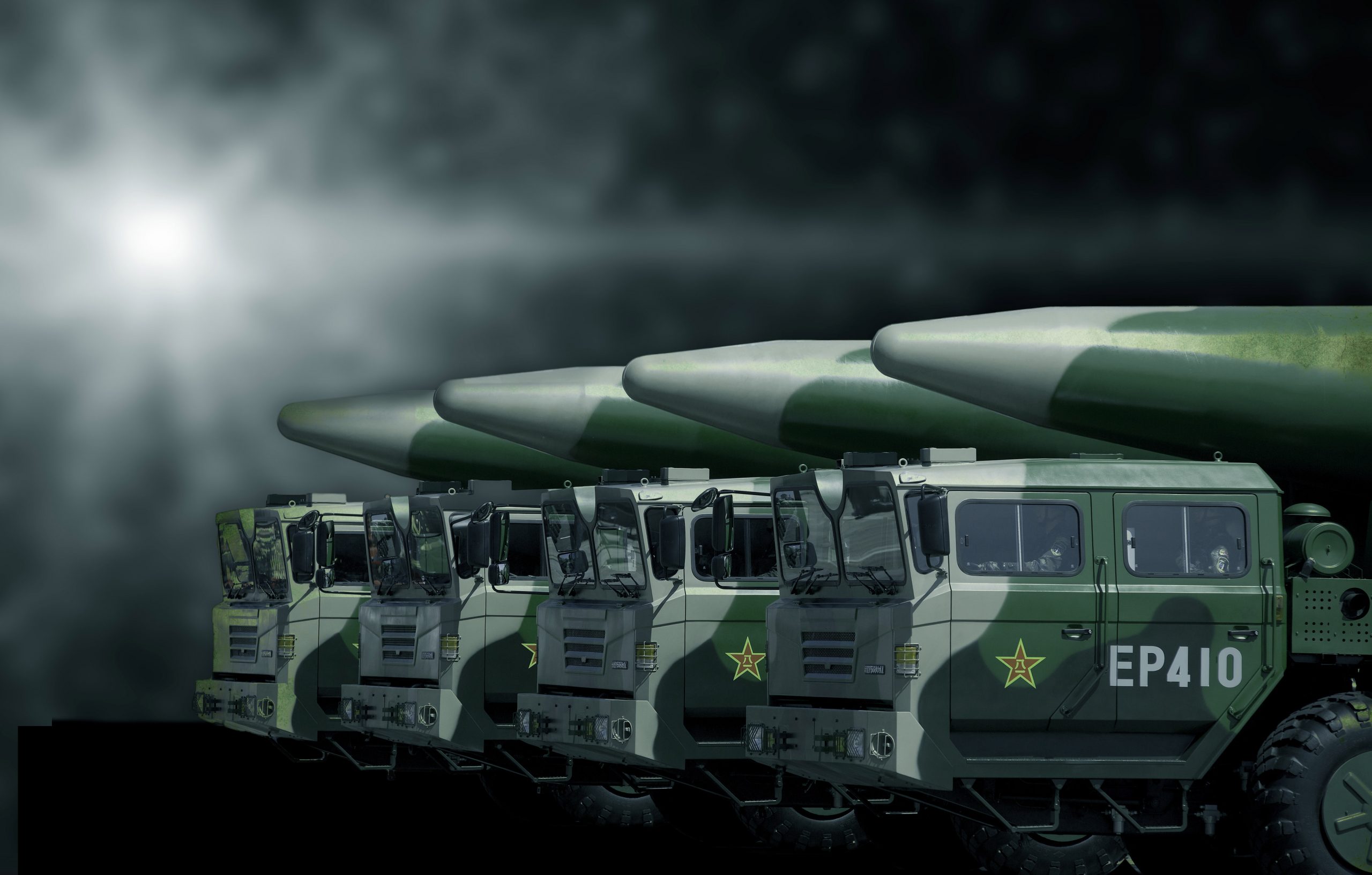
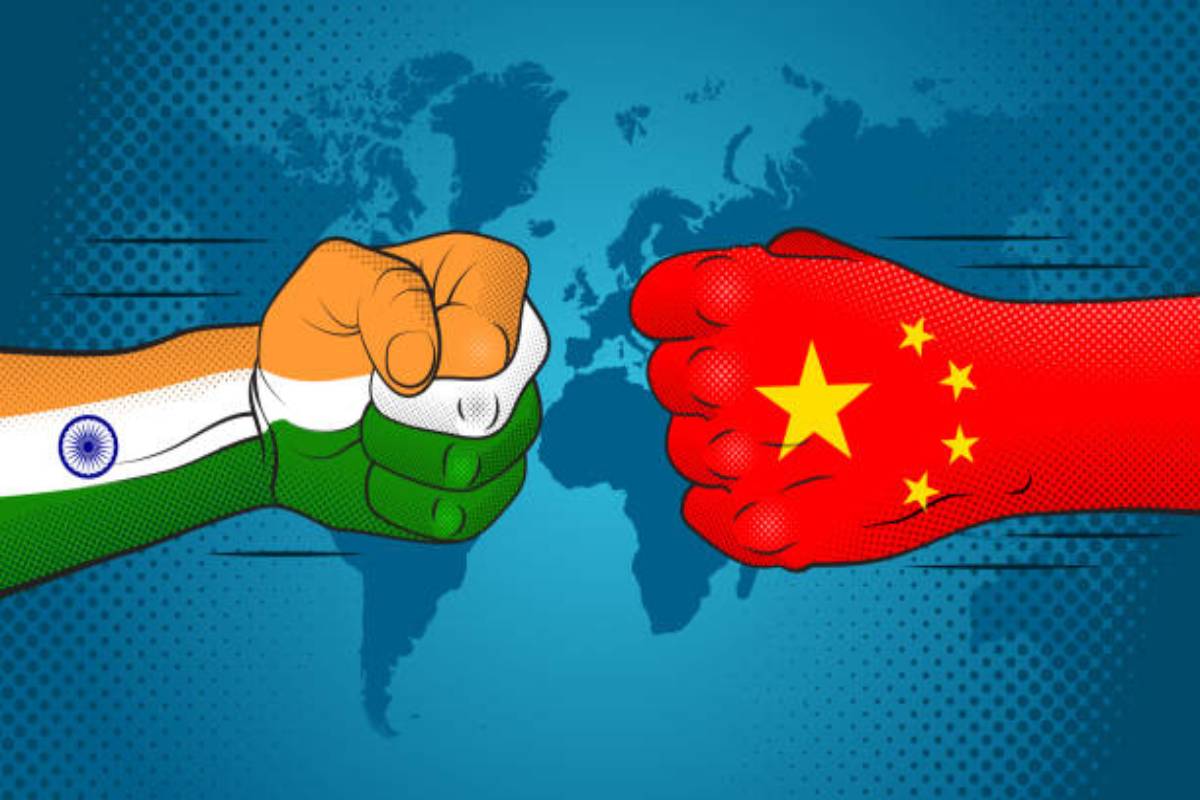
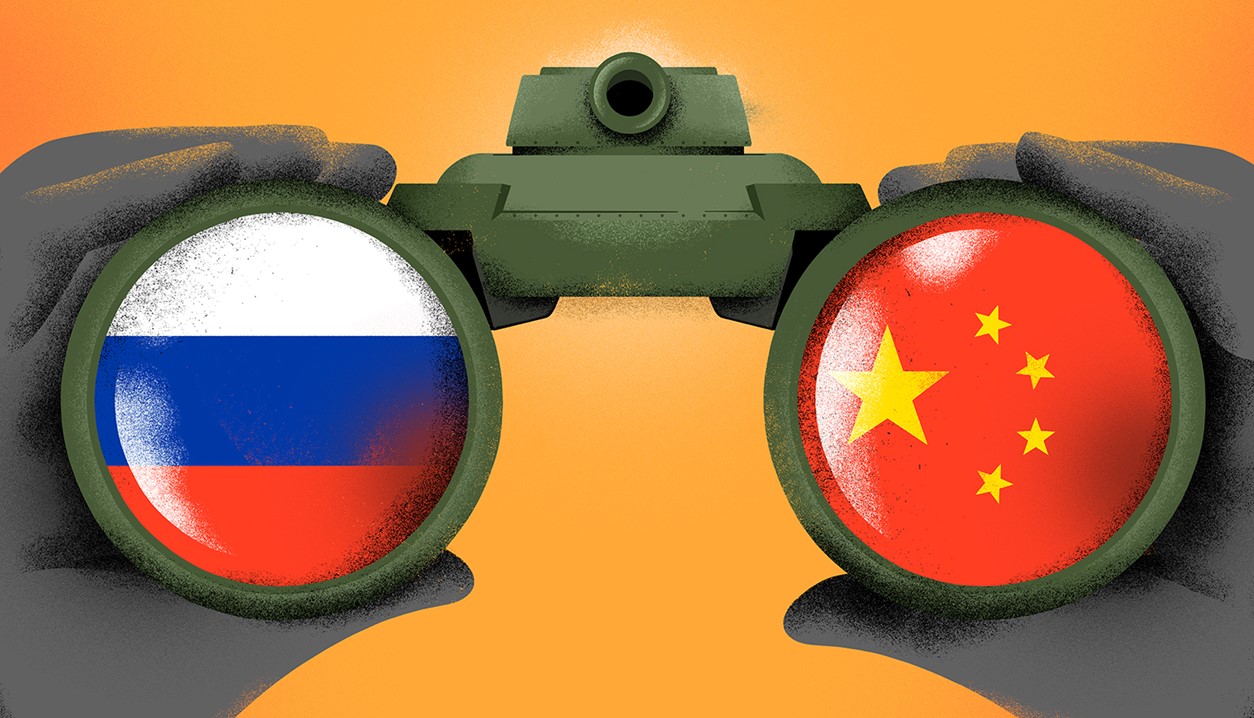
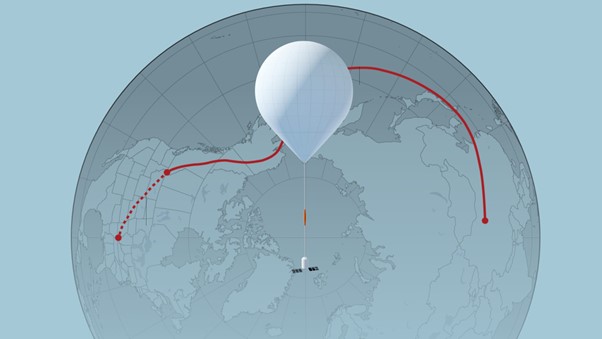
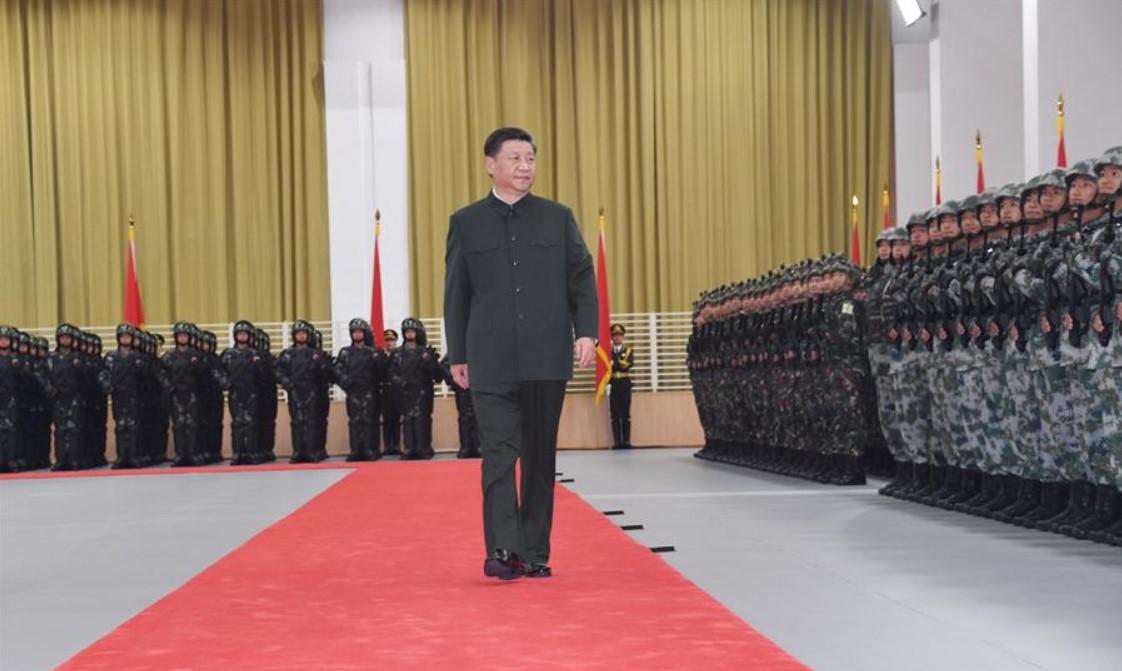
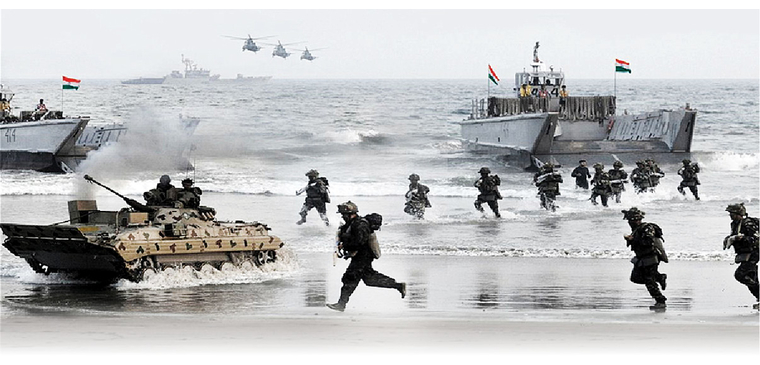

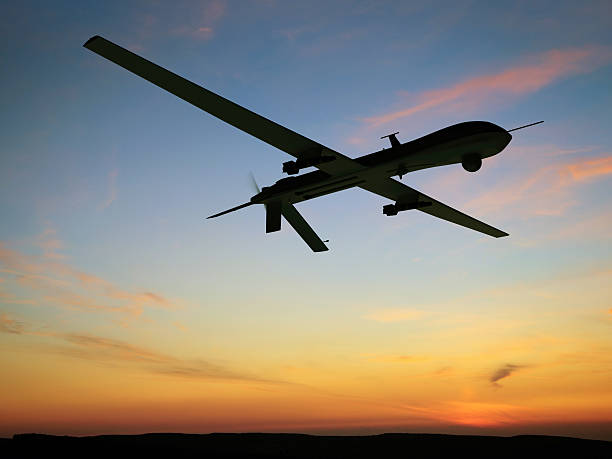






POST COMMENTS (35)
India’s Three Wars - Chanakya Forum
India Beware Of Copycat Chinese Air Force - Chanakya Forum
Isaac
Pradeep Mehta
Raj Pargat Singh
Pradeep Sharan
Narinder Pal Singh Hora
Judithann Campbell
Shamik
Sukhjit singh
Ujagar Singh
Kalidan Singh
Dhirender Gaur
Raghavan
TP MADHU
Raghavan
vikram
WingCo Mats
Maj A K Singh
Deovrat Pagay
J
JJ
RAMAKRISHNAN Venkat
Aninda Mukherjee
Wendell Bruges
Raman Gupta
Gp Capt TR Ravi VM (Ret'd)
China’s Invasion of Taiwan – Opportunity for India - Insightful Geopolitics
Shaily rawat
Raghu Vir Gauba
P Vinayagam
Vinod Shrikhande
KD Singh
Joseph Mathew
Shaurya Shandilya